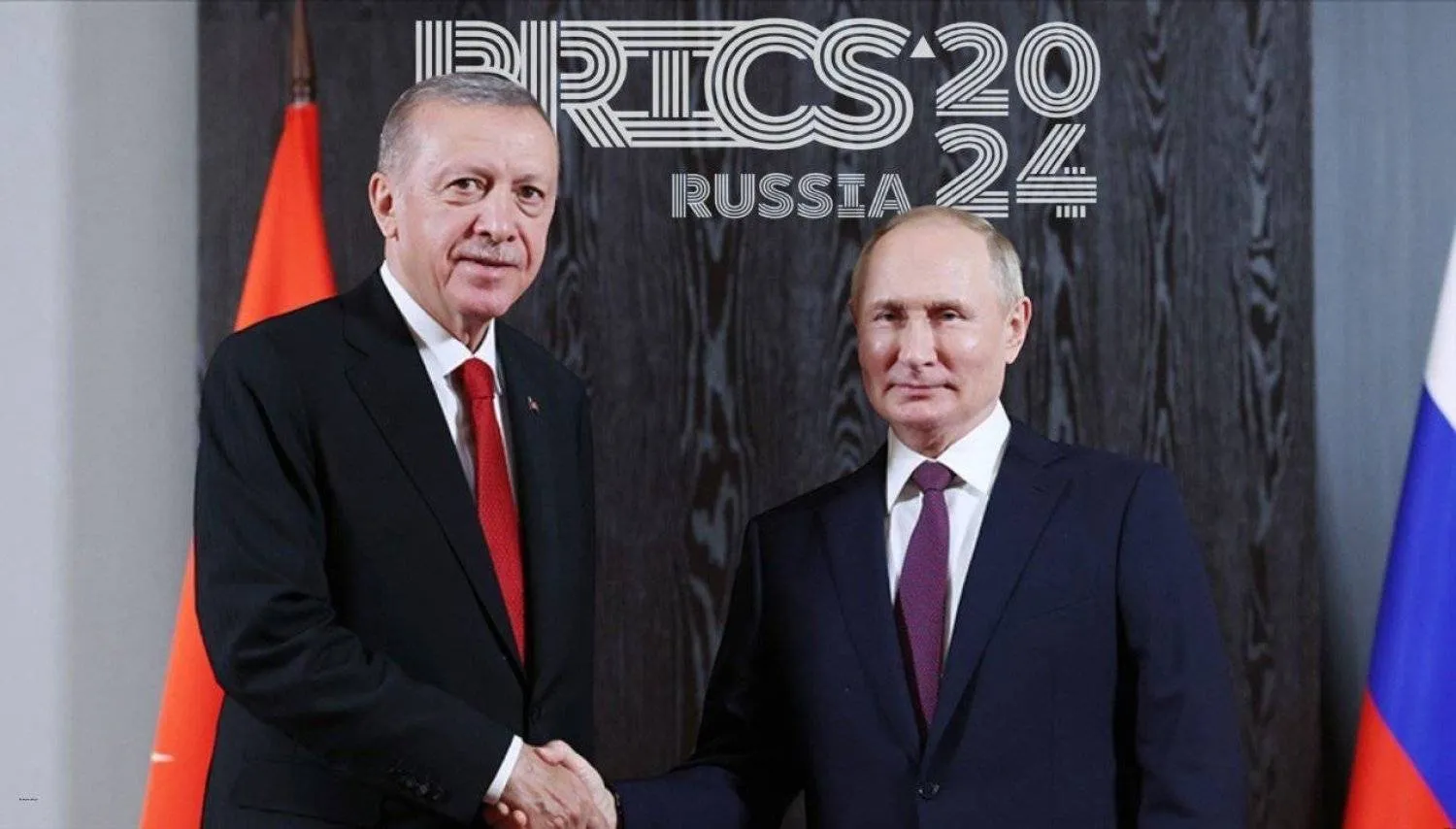Türkiye and Russia are moving towards expanding cooperation in the field of nuclear power plants and implementing an agreement to establish a hub for Russian natural gas in western Türkiye.
Russian Deputy President Yuri Ushakov stated that Russian President Vladimir Putin and Turkish President Recep Tayyip Erdogan will discuss the proposed gas hub project during their meeting at the BRICS summit in Kazan, southern Russia.
According to a Russian media report on Wednesday, which cited an unnamed diplomatic source, the construction of new power plants and the gas hub in Türkiye will be part of the discussions between Putin and Erdogan.
Currently, Russia’s Rosatom is responsible for building Türkiye’s first nuclear power plant in Akkuyu, located in the southern province of Mersin. The first of its four reactors is expected to be operational by the end of this year.
Türkiye is also planning two additional nuclear power plants in Sinop on the Black Sea coast and in Thrace (western Türkiye), but it has yet to decide which company will undertake the projects. Bids have been made by Chinese and Japanese companies, as well as Russia’s Rosatom.
On Oct. 12, 2022, during the Russian Energy Week forum, Putin proposed creating a Russian gas hub in Türkiye, which would become the largest supplier of gas to Europe. The Turkish president welcomed this suggestion and directed the country’s Ministry of Energy and Natural Resources to start planning the hub the following day.
However, the proposal has been met with negative reactions from Europe, as many European countries are seeking to reduce their dependency on Russian energy resources.
Before the outbreak of the Russia-Ukraine war on Feb. 24, 2022, Russia provided approximately 40% of Europe’s gas supplies. However, those were reduced due to what Russia described as technical problems caused by Western sanctions. European governments accused Russia of using energy as a political weapon.
Experts have noted that establishing a Russian gas hub in Türkiye would require significant investments, potentially beyond the financial capacity of both countries, whose economies are currently in decline. The project could take years to complete, and new pipelines would need to be built to transport gas from Thrace in western Türkiye to Bulgaria and then to Europe.
This plan faces competition from Greece, which launched a new gas pipeline with Bulgaria in July 2022 to supply American liquefied natural gas (LNG).
Additionally, Türkiye and Bulgaria signed an agreement in Jan. 2023 under which Bulgaria will import approximately 1.5 billion cubic meters of gas annually for 13 years from Turkish export facilities, reducing the need for a new pipeline between the two countries.









